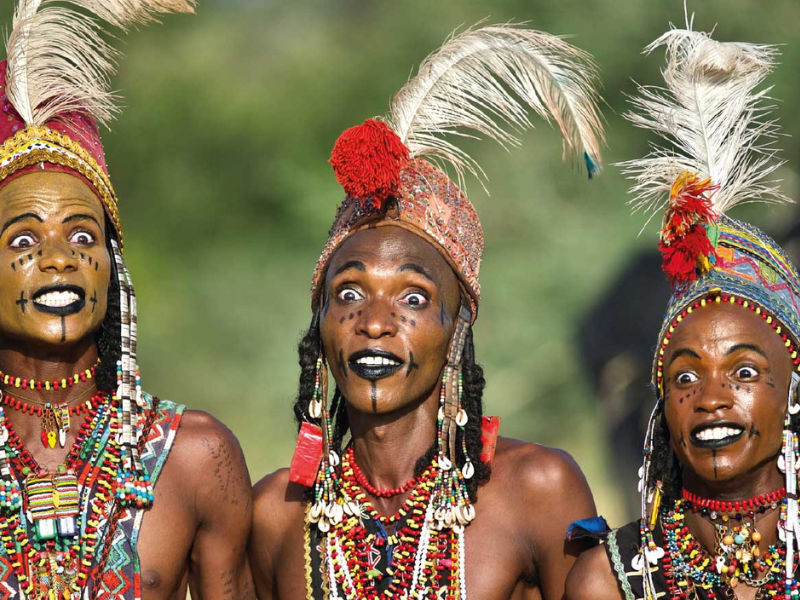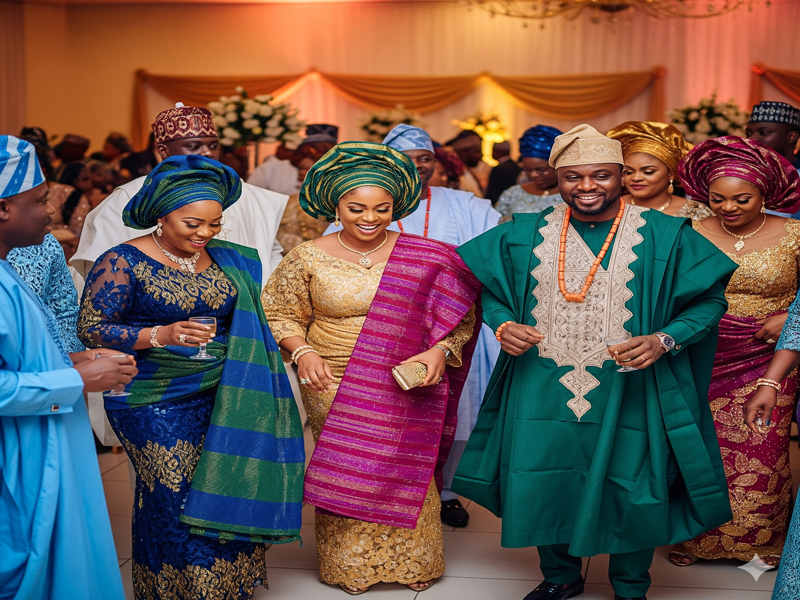Interestingly, African traditional festivals have attracted thousands of revellers, tourists, and investors from all over the world. More so, these African traditional festivals are unique and diverse, showcasing ancestral connections that have moved from one generation to another.
It was Beryl Markham who said, “Africa is mystic; it is wild; it is a sweltering inferno; it is a photographer’s paradise, a hunter’s Valhalla, an escapist’s Utopia. It is what you will, and it withstands all interpretations. It is the last vestige of a dead world or the cradle of a shiny new one. To a lot of people, as to myself, it is just home.”
This quote reflects the fact that Africa is rich in diverse traditions, art, music, and food. It is a wealthy continent, but it is not without issues. African traditional festivals should therefore be approached with awareness of their culture, respect, and openness to learning from the societies that celebrate them.
Discovering hidden realities and developing a greater understanding of African traditional festivals’ significance can be accomplished by engaging openly with locals, cultural authorities, or historians.
Get ready as we unveil some exciting truths hidden behind these festivals
Table of Contents
So let us dive in.
The use of symbols in African traditional Festival
Symbolic elements with sacred meanings are frequently used in African traditional festivals. These symbols can stand in for philosophical ideas, historical occurrences, or the interaction between people and nature. Understanding these symbols will help you better understand the deeper meaning behind the festival.
When these symbols are displayed openly, society is proudly promoting what it believes and practices. The truth is in the cultural content, which may be hidden from onlookers and visitors who are merely enjoying the moments.
Oral traditions
Oral tradition, also known as oral lore, is a type of human communication in which knowledge, art, ideas, and cultural material are received, kept, and passed down. Some African festivals have their roots in oral traditions, which involve the generational transmission of tales, myths, and legends.
These oral traditions frequently contain important cultural and historical knowledge that is deliberately incorporated into the festival’s rituals and acts.
One can trace some hidden truths about the traditional festival to the kind of music, art, and general way of life of the people in that location.
Social commentary/criticism
Certain African traditional festivals often provide a stage for social or political commentary, addressing current problems and difficulties the community is facing.
Hidden truths concerning social, political, or environmental issues may be expressed through music and art performances and other creative expressions or symbolic gestures, offering a platform for reflection and discussion. Interestingly, some laws are connected with traditions, values, and beliefs, which makes it difficult for any external law or Westernization to have its course in the land. For example, the introduction of same-sex marriage is always met with strong resistance because of traditional beliefs that have formed several societal behaviours.
Spiritual and Ancestral Connections of African traditional festival
The African traditional religion believes in the existence of good and bad spirits; they link the occurrence of good and bad things to these spirits. During a typical traditional festival, high-ranking priests of a particular sect are believed to interact with these spirits, get messages for the followers and appease them when there is a need.
The rituals, prayers, and offerings made during the festival may contain unspoken messages that reinforce the community’s cultural and religious values while also signifying a link between the physical and spiritual worlds.
Sometimes these rituals are made behind the scenes, closed to only devoted people who have been trained or who, through inheritance, have gained the position. This spiritual connection does not end with the priest alone; it is a necessity for devotion for anyone who needs to become an ardent follower.
Sacred Knowledge in African Traditional Festival
It may interest you to know that a few African festivals are connected to initiation rites or secret groups.
These occasions entail the dissemination of sacred knowledge, spiritual teachings, and cultural practices through initiation and other channels that are solely available to particular people or groups. These ceremonies contain hidden facts that are guarded and only occasionally revealed.
In conclusion, although some modernity has been brought into some festivals, causing the abandonment of certain practices, Africa’s rich traditions of music, art, food, and culture still live on and embedded in them are hidden truths.










